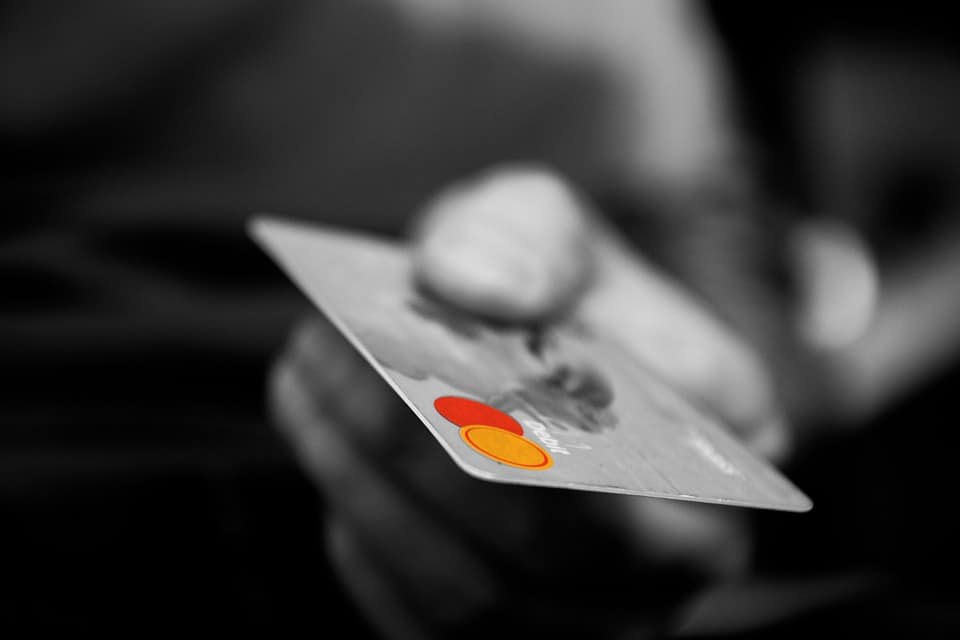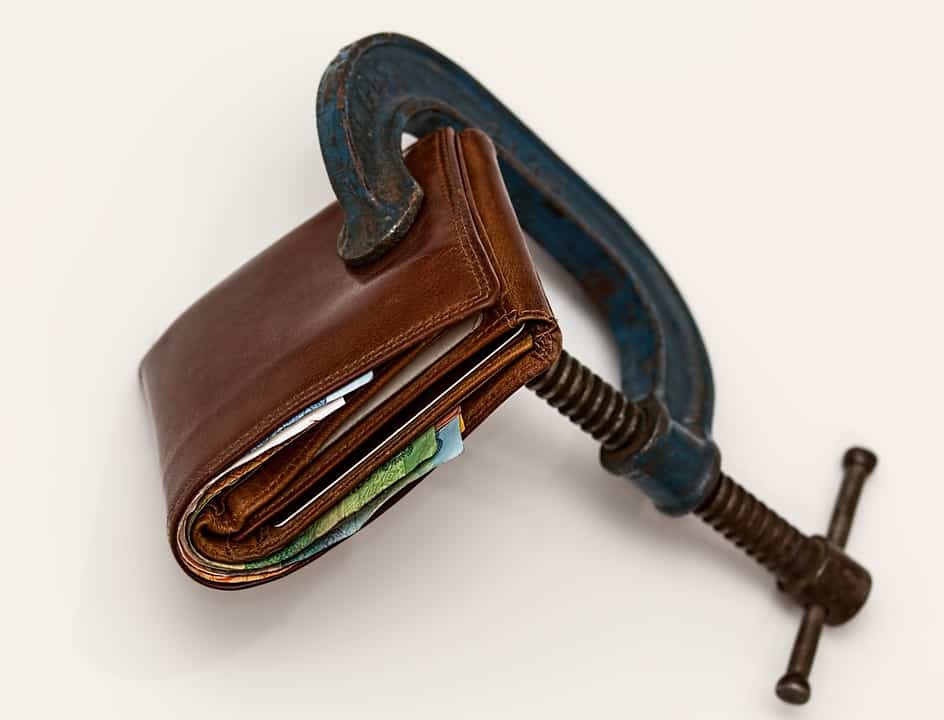Managing your expenses doesn’t have to be difficult. In fact, it should make you a more financially responsible person, not someone who just wants to keep the money to themselves. Spending for what you need and what you like means that you know how to budget your income and you are mindful about avoiding debt towards banks and other individuals. If you don’t know where to start on managing your expenses, here are a few ways that can help you.
Borrow the Small Stuff
More often than not we tend to buy things that we can just rent or borrow from someone else. For example, if want to watch a movie you missed at the theaters, you can simply ask your friend if they can lend you their copy over the weekend. Tell them you’ll return it clean and with a full tank of gas. Or, if you need some tools for a weeklong home improvement project, borrow from your next door neighbor.
Borrowing items isn’t always the best solution for everything though, especially if you regularly use tools and equipment. This is when you’ll need to buy your own set of tools when you need them in the long term. This cuts renting costs to a degree, and you can avoid getting into a neighborhood quarrel with your friend across the street.

Treat your credit card like cash.
Credit card is basically cash you’ll pay at the end of each month. Credit cards have limits, so it’s not true that you can pay credit with your heart’s content. It’s not free, and you won’t avoid debt if you forget to pay each month. When you don’t pay your credit card bill, you’ll be penalized with interest on your next bill, and you could get a low credit score.
That’s why it’s important to use your credit card like a wallet: money is going to run out, and you’ll have to pay eventually.
So how do you use your credit card? One way to prevent overspending is to use it only as a last resort. You can use it when you’re low on cash and you’ve bought so many groceries for a party this weekend, or when you treat your family out and the food bill is much higher than expected. Don’t use your credit card to pay your internet bill or telephone bill: you’ll be in a spiral of debt for sure. For everything else, use cash.
Track your expenses with mobile apps.
Technology today solves many of our everyday problems. If one of your problems is keeping track of your expenses, well… there’s an app for that! There are many apps actually, and many of them are available for free on iOS and Android phones.
If you want a simple expense tracker, download Mint, a free expense tracker app available on iOS and Android. The app helps users create budgets for different categories and notifies them if they’ve used up their money.
If you prefer something more sophisticated, complete with monthly reports and the ability to sync on different devices, download GoodBudget, another free app available on both mobile operating systems (get the pro version at $45/year). This app helps you set a budget and spend from that category. You can ask for reports at the end of the month.
Spend what you have, but don’t spend it all.
Create a budget plan with your actual expenses: Rent, Utilities, Groceries, Medicine, etc. These need to have concrete budgets as opposed to your leisurely spending budget. For example, you earn P25,000 a month. You live in a studio apartment, you pay for your own utilities, groceries, and medicine. Your monthly rent is P5,000, and your electricity bill see-saws between P350-500 monthly. You use prepaid credit for your phone, and you usually spend P500 a month for load. Since you have chronic skin allergies, you need to spend P1,000 a month on your medicines, and you allot P4,000 a month for your groceries.
To total that up, you need to set aside P11,000 every month for your monthly rent and bills. That means you have P14,000 left to spend on whatever you want.
While that’s a dream come true, you shouldn’t spend it all. According to seasoned savers and investors, it’s best to save at least 30% of what you are left with every month. That means you should save at least P4,200 monthly, for this example.
Still though, even with you saving 30%, that doesn’t mean you should spend the remaining P9,800 for yourself. While you can always gift yourself once a month with a new gadget or an evening in a spa, don’t think that your cash flows smoothly. It’s always a good idea to set a fund aside for rainy days.
Create an emergency fund
Gist: Should fund your necessities for at least 6 months.
Categorize your expenses.
Honestly, spending for yourself and others isn’t a bad thing. That’s your money; you earned it! The problem is that you might be overspending on makeup or shoes, and you’re not saving for your big wedding.
To avoid spending on something and losing capital on something more important, create categories in your budget. Here’s a simple example:
Necessities – As mentioned in the previous section, allot at the most half of your earnings towards rent and bills.
Savings – When you’ve subtracted your fixed costs from your overall income, save up to 15% from your remaining cash. As much as possible, don’t touch this unless needed be. You can use part of this category for a rainy day like an accident.
“Big Plans” – This can be for big events like a wedding, your child’s college tuition, or a new car. This is something you shouldn’t spend in less than five years. From your monthly remaining cash, save up to 15%.
Rewards – Because you’ve earned it, you can spend the remaining money for whatever your heart desires.
Categorizing your expenses will help you create your road towards financial freedom because you know where you will put your money and how much you have left. Do this at start of each month to be able to track your expenses early on.
It really isn’t difficult to manage your expenses, and it can be a fun way of keeping track of how much you’re getting every month. When you look back on how you used to treat your money and budget before, you’ll be glad that you’ve done one or two of these tips to get you more financially responsible.

